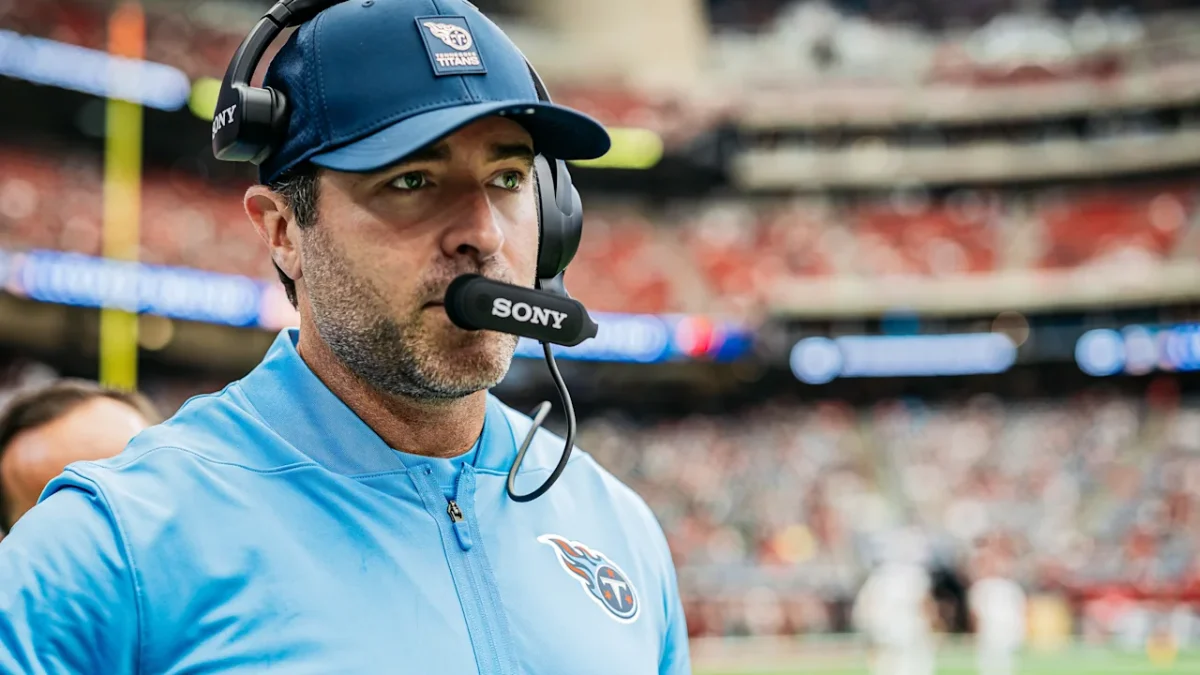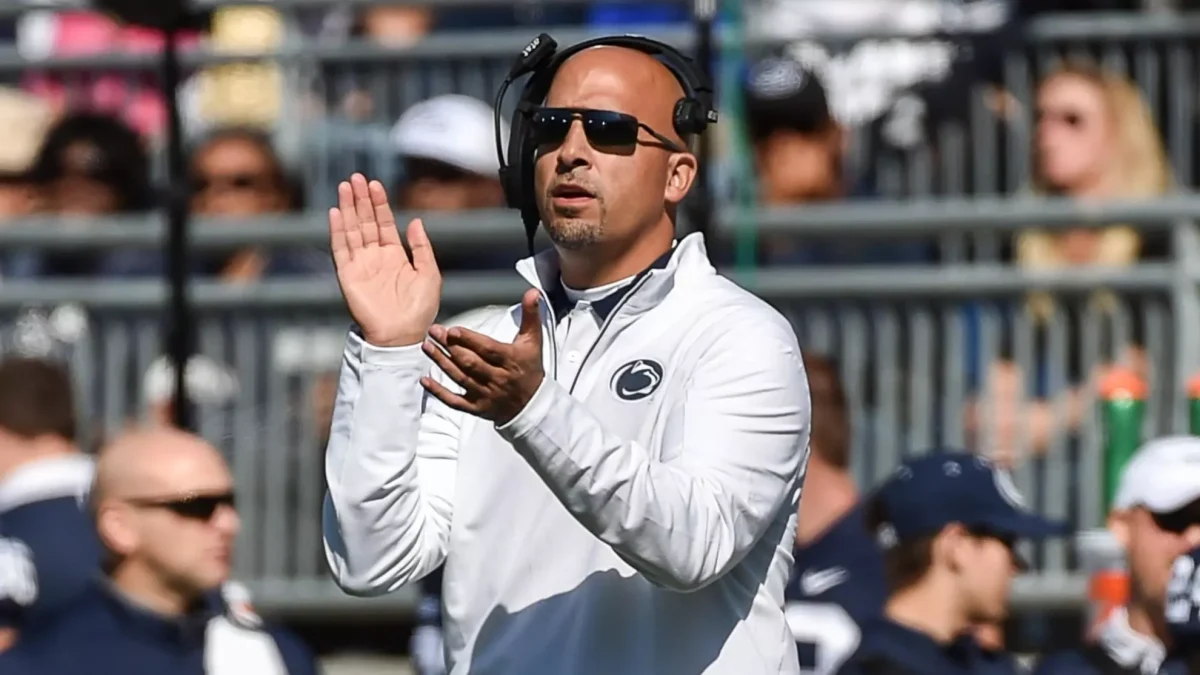Current Events: Mugabe, Keystone Pipeline, Net Neutrality, and Justice
November 27, 2017
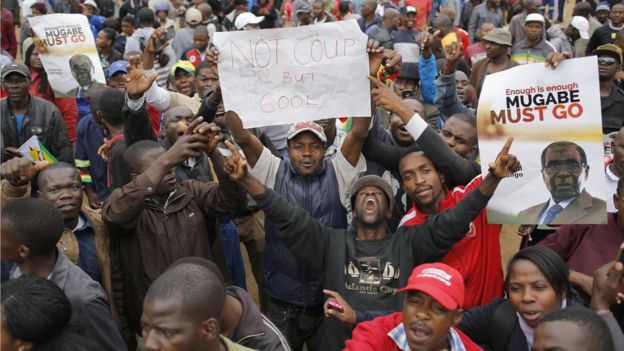
Mugabe out
Despite initial uncertainty about how Zimbabwe’s coup will play out, and if President Mugabe (mentioned last week) would resign after his 37-year-rule, he did last Tuesday. With a little pressure from the ruling party, the military, and the people of Zimbabwe (who went out on the streets in massive protests). Mugabe will now play the role of an “elder statesman” in the government, providing guidance and advice to his ex-subordinates. On Friday, Mnangagwa (the previous VP whom Mugabe sacked) became the new president. FYI, he’s associated with some of worst atrocities committed under the ruling Zanu-PF party since Zimbabwe’s independence in 1980. Now, everyone’s wondering if he’ll be able to bring about true democratic change and fix Zimbabwe’s crumbling economy (90% of people in the country are unemployed, according to BBC).

Keystone XL
On Monday, the state of Nebraska allowed TransCanada to build the Keystone XL pipeline, an extension of the Keystone pipeline that leaked last week… The pipeline, which transports oil from Canada to Texas, will cost $8 billion. It has been met with numerous lawsuits and protests, with claims that the pipeline would harm the environment and interfere with Native American land. Supporters are saying that more jobs will be created in the US because of the pipeline. Still, Nebraska said that the pipeline can be built only if its route is altered. Like that tube game.
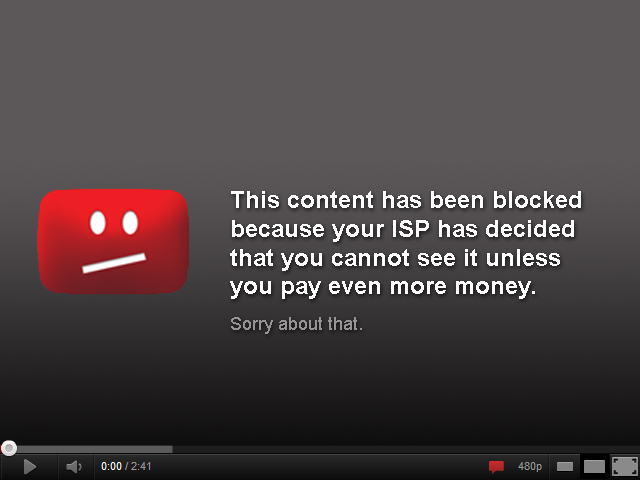 Net Neutrality
Net Neutrality
The Federal Communications Commission has been planning to remove regulations around net neutrality, and a LOT of people aren’t happy about it. Net neutrality was part of an Obama-era law that said Internet service providers can’t discriminate or charge different rates based on the user, the website, the content, etc. Many people are worried that they will have to start paying for faster connections and will have a harder time accessing certain content. Internet providers like Verizon and Comcast are saying that the government does not have the power to regulate their businesses in that way. And the FCC might just let them loose.
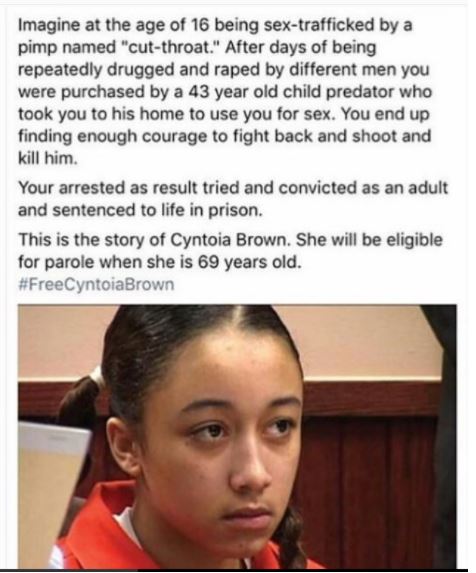
Justice?
This week, the case of a 29-year-old woman named Cyntoia Brown went viral on social media. Brown is currently serving a life sentence for the murder of a Nashville man in 2004 – who held her as a sex slave. After Brown shot her captor, she was tried and sentenced to life in prison, not eligible for parole until she’s 69. The case became well-known after Rihanna retweeted about it. Many other celebrities have spoken out for Cyntoia as well, and now people are hoping that Brown’s sentence will be reviewed and the laws in Tennessee changed.













